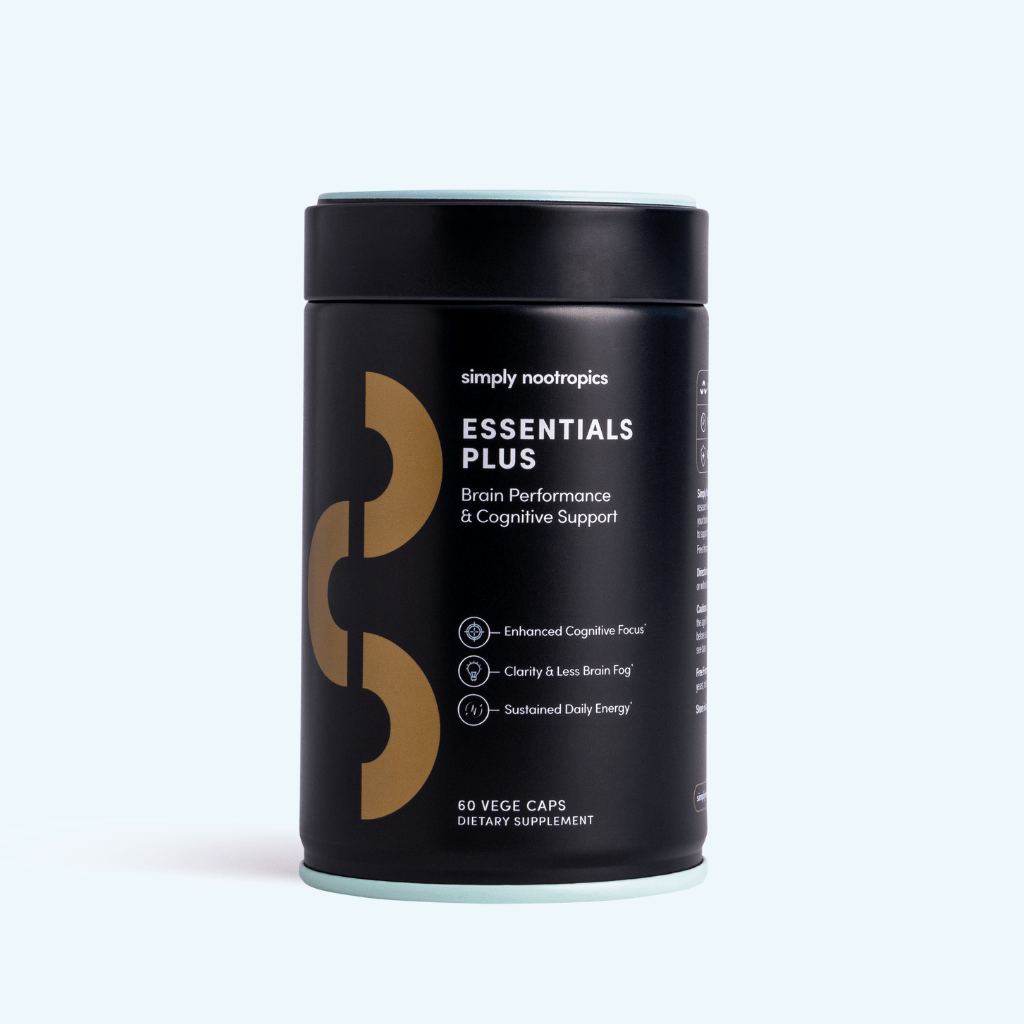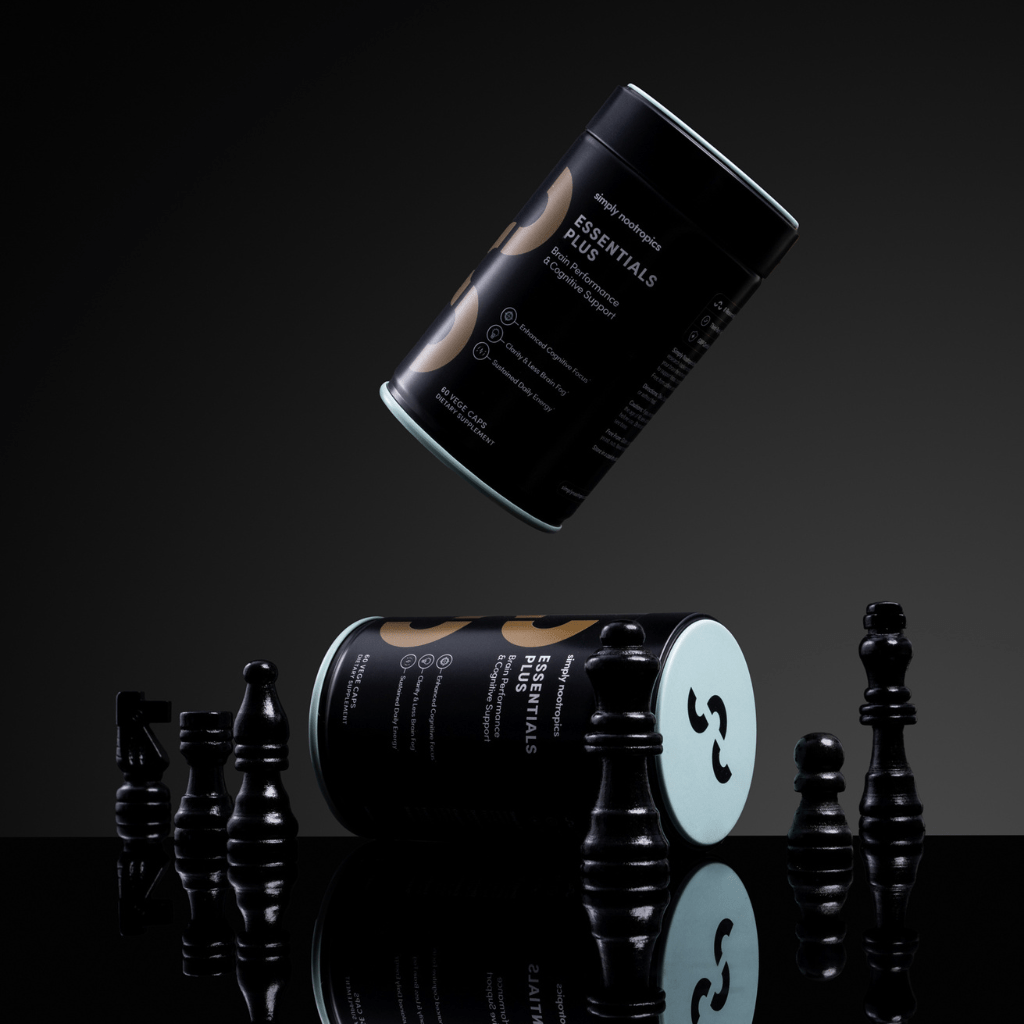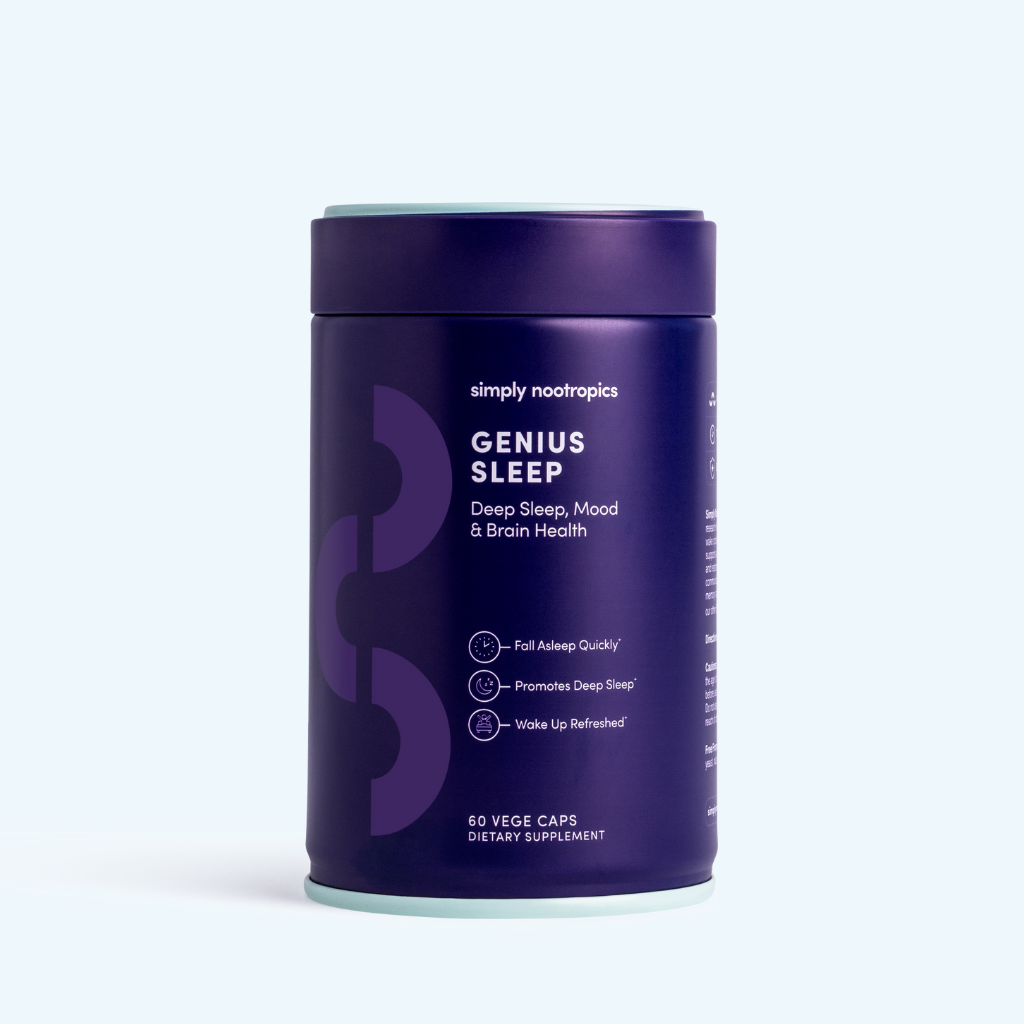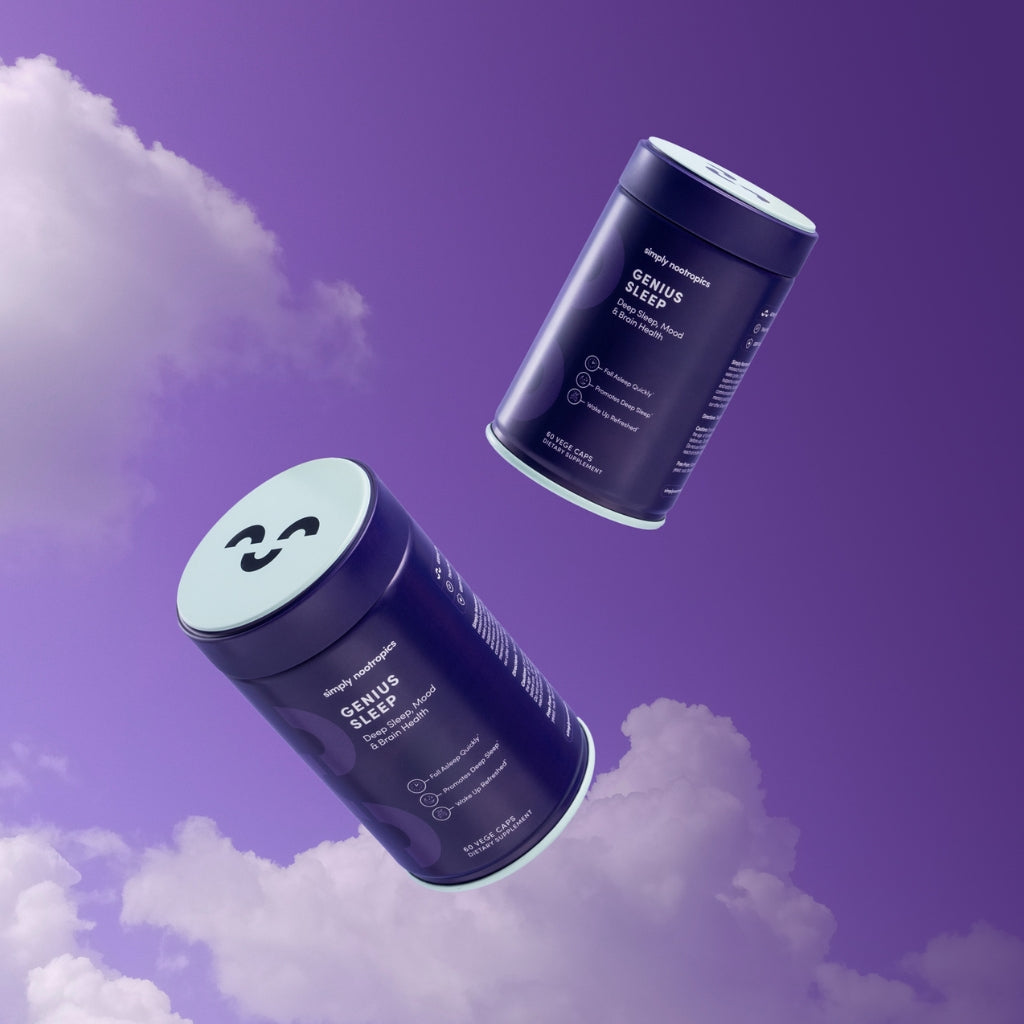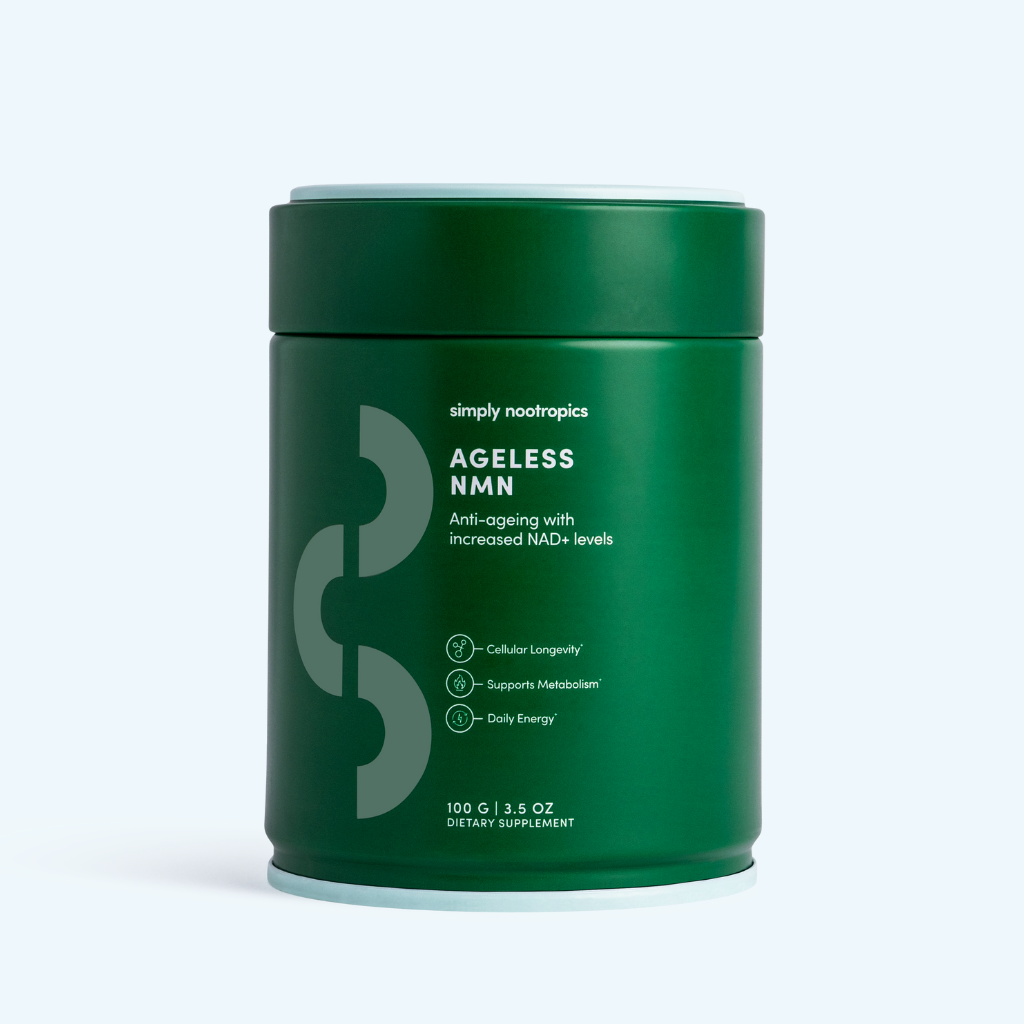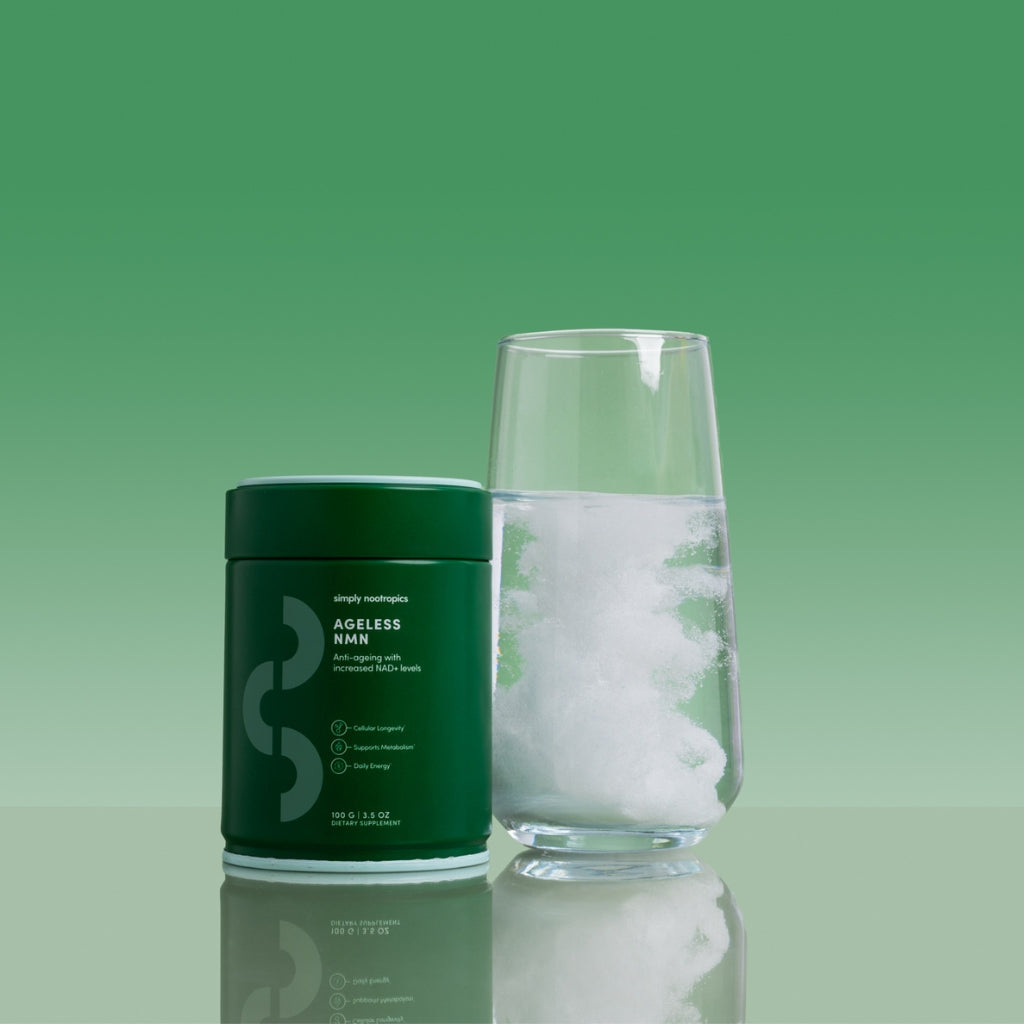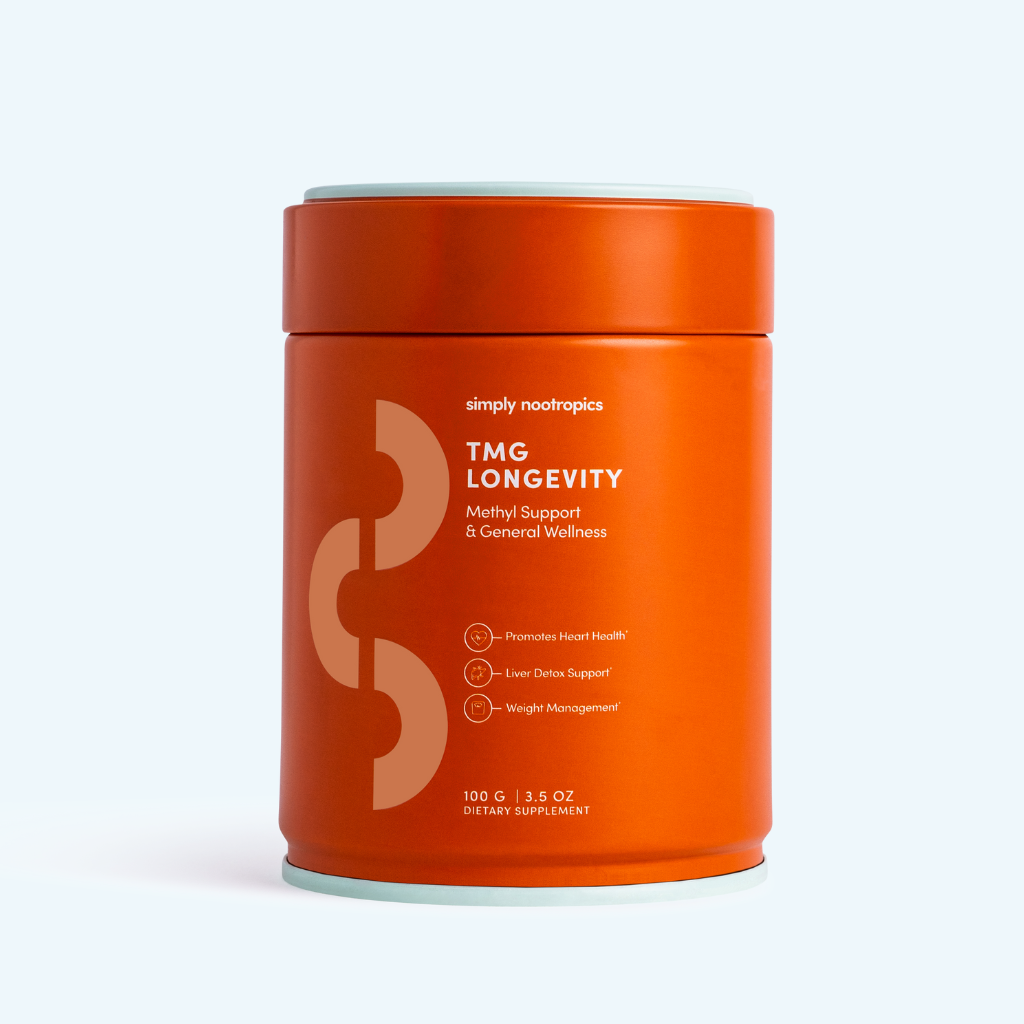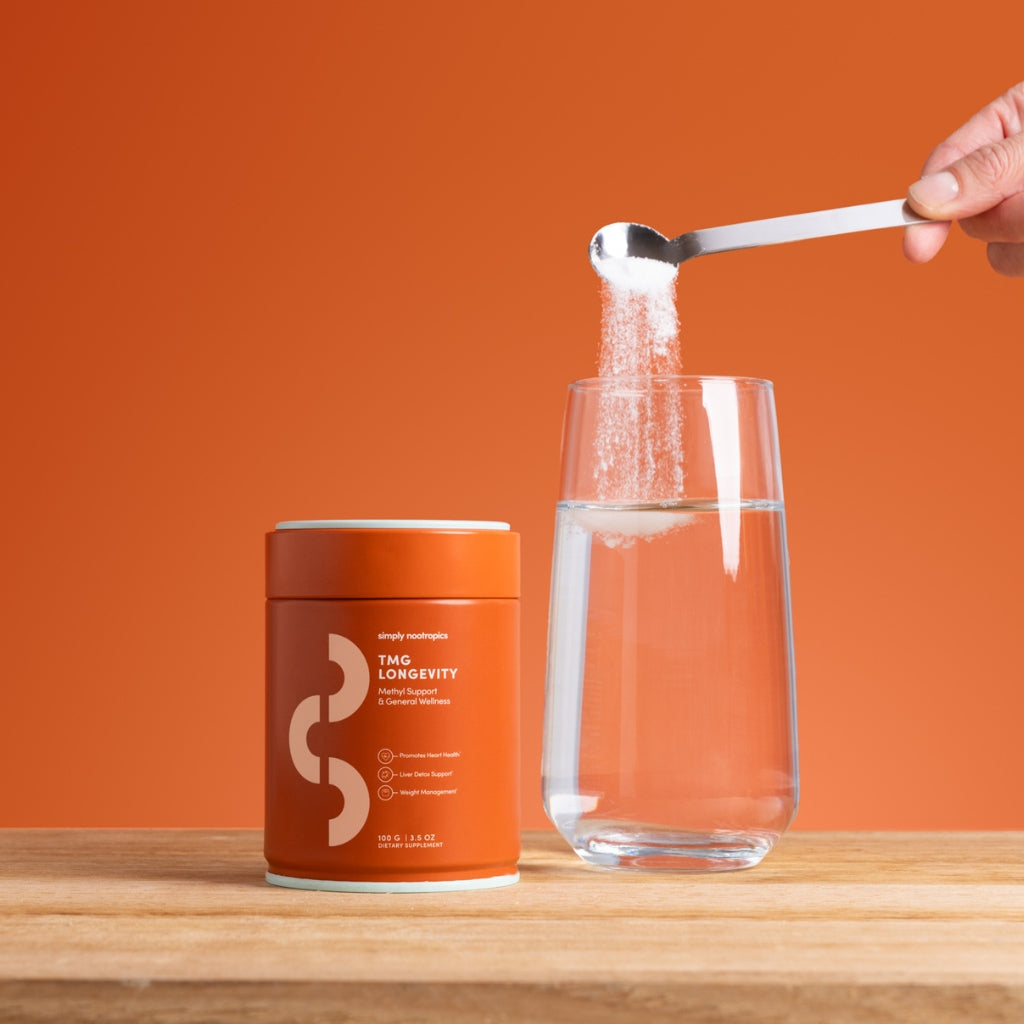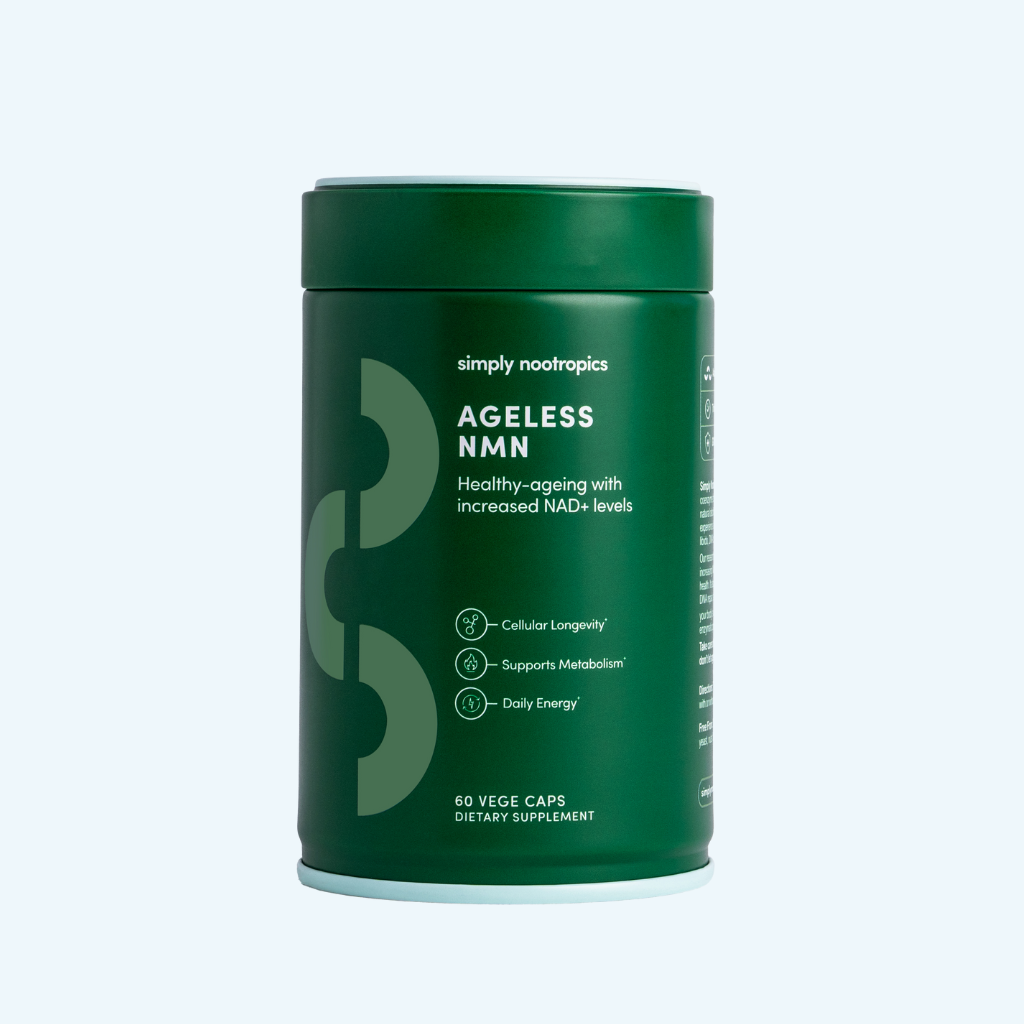We’ve all heard of “clean eating.” For some, it’s the gold standard of health: no processed foods, no sugar, no additives, only the “purest” ingredients. The concept has been around for decades, resurfacing with every new wave of wellness culture. At first glance, it sounds like a straightforward recipe for longevity. Eat whole foods, avoid the packaged stuff, and you’ll live longer, right?
Not quite.
While there’s merit in cutting back on ultra-processed foods, the idea that a clean diet plan automatically guarantees better health oversimplifies how the body works. In fact, following a rigid version of this trend can sometimes do more harm than good. To understand why, it helps to take a closer look at where clean eating came from, what it actually involves, and how to support a clean diet plan with supplementation.
What Clean Eating Actually Means
The clean eating movement emerged from early fitness culture and spread quickly through mainstream wellness. At its core, a clean diet plan encourages people to:
-
Focus on whole, unprocessed foods.
-
Avoid refined sugars, additives, and preservatives.
-
Choose organic or minimally altered ingredients wherever possible.
On paper, it’s hard to argue with any of this. After all, few would claim that a diet of fast food and sugary drinks promotes long-term health. Clean eating feels intuitive, and the sense of control it provides is part of its appeal.
But problems arise when the definition becomes too narrow. Many people take clean eating to mean not only cutting out processed foods, but also excluding entire categories like grains, dairy, or even cooked foods in favour of “raw only.” At that point, what was meant as a simple guideline turns into a strict rulebook. And when food becomes more about what you can’t have than what you can, balance is lost.
When Clean Eating Backfires
So why doesn’t clean eating always work? Here are three of the biggest issues of a clean diet plan:
1. Nutrient Gaps from Restriction
Eliminating major food groups in the name of “cleanliness” can mean losing access to vital nutrients. Wholegrains provide B vitamins and fibre, dairy contributes calcium and amino acids, legumes are rich in folate and protein. When these are cut without careful substitution, the body has fewer raw materials to repair DNA, generate energy, and maintain healthy metabolism.
Over time, this can show up as fatigue, brittle hair and nails, or sluggish recovery from exercise. Ironically, all the things a clean diet plan is meant to protect.
2. The Stress Factor
Food choices are never just physical, they’re mental too. Constantly worrying about whether a meal is “clean enough” drives up stress levels and keeps the body in a low-grade fight-or-flight state. Elevated cortisol, the hormone linked to chronic stress, has been shown to accelerate biological ageing, impair sleep, and weaken immune resilience.
Some people even develop disordered eating patterns from the pressure of sticking to rigid rules. In those cases, the pursuit of health turns into a source of harm.
3. Reduced Diversity for the Gut
A healthy microbiome thrives on variety. The more types of fibre, prebiotics, and plant compounds you feed it, the more resilient it becomes. But a clean diet plan often narrows dietary diversity: people rotate the same handful of “safe” foods and exclude others that could enrich gut health.
A less diverse microbiome is linked with higher inflammation, weaker immunity, and poorer metabolic outcomes. It’s a classic example of how focusing too much on exclusion can quietly erode long-term health.
Longevity Isn’t About Perfection
What does the science of longevity show us instead? That the longest-lived populations don’t eat perfectly “clean” diets. They eat balanced ones. In Okinawa, beans and sweet potatoes are staples. In Sardinia, it’s bread, wine, and cheese. In Nicoya, it’s corn tortillas and black beans.
These communities eat broadly, socially, and in moderation. There’s no obsession with purity, no fear of a slice of bread or a piece of cheese. Instead, there’s a focus on diversity, consistency, and enjoying food in a way that supports the whole body.
A clean diet plan can be a useful framework to cut back on heavily processed foods, but it was never meant to be a rigid formula. Longevity doesn’t come from perfection, it comes from balance. And balance allows for both nutrient-rich choices and the occasional indulgence, without guilt or restriction.
Smarter Support for Modern Diets
Of course, real life rarely looks like a Blue Zone. Travel, work schedules, and the sheer convenience of packaged food make it difficult to maintain perfect variety. Even with the best intentions, gaps can appear.
Rather than doubling down on restriction, adding back what your body is likely to miss can make the difference between a diet that feels unsustainable and one that supports energy, recovery, and long-term health. This is where supplementation makes sense.
Instead of reinforcing a rigid “clean” philosophy, supplements can complement a balanced approach, offering the cellular resources you need when diet alone falls short. Think of them not as shortcuts, but as safeguards that keep your body functioning smoothly when modern life gets in the way.
Spotlight: Ageless NMN
One of the biggest challenges with a restrictive clean diet is reduced energy at the cellular level. When key nutrients are missing, your cells struggle to generate and recycle NAD⁺, the molecule that powers everything from metabolism to DNA repair. That’s why fatigue, brain fog, and slower recovery often creep in over time.
Ageless NMN is designed to address this decline. By helping replenish NAD⁺, it supports:
-
Steadier daily energy.
-
More efficient glucose metabolism.
-
Greater cellular resilience against stress.
When combined with a varied diet and flexible approach to nutrition, NMN acts as a safety net, helping your body perform at its best even when food choices aren’t perfect.
A clean diet plan can be a useful guideline, but longevity isn’t about restriction. It’s about balance, nourishment, and consistent support for your cells. With Ageless NMN, you can back up your efforts and give your body the energy to thrive without the stress of chasing dietary perfection.



